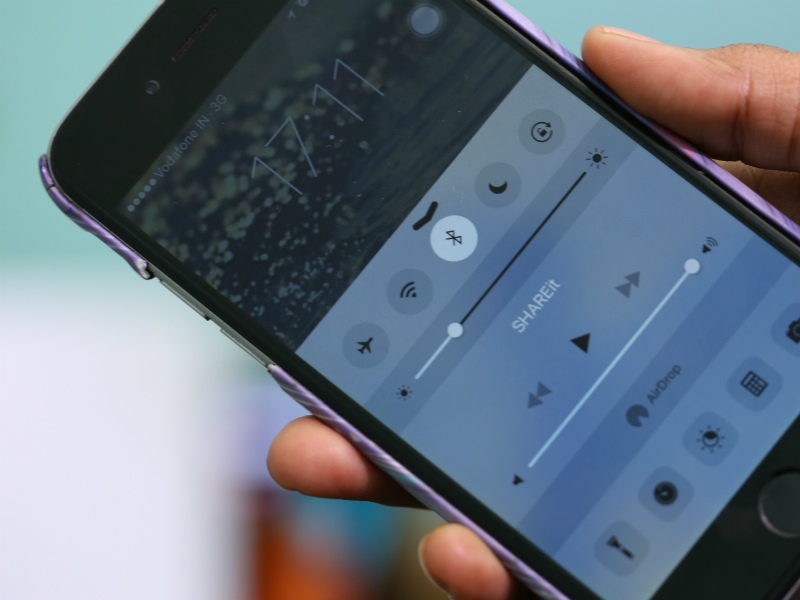Bluetooth 5 to Significantly Boost Capacity of Connectionless Data Broadcasts

expected!, Bluetooth 5 was unveiled in London on Thursday, bringing big upgrades to the current available technology. The new Bluetooth version will be finalised for release by late 2016 to early 2017. The protocol has been announced before, but the Bluetooth Special Interest Group (SIG) further detailed it this week, speaking about the bandwidth.
As has been disclosed before, Bluetooth 5 will bring double the speed, and quadruple the range. It is built for IoT devices of the future, and promises faster data transfer and optimal responsiveness. Executive director of Bluetooth SIG, Mike Powell, claims that the new version will also increase the capacity of connectionless data broadcasts by 800 percent.
Powell elaborated in a blog post, "Bluetooth 5 will transform the way people experience the IoT by making it something that happens simply and seamlessly around them. Increasing operation range will enable connections to IoT devices that extend far beyond the walls of a typical home, while increasing speed supports faster data transfers and software updates for devices. And now with the ability to broadcast a much richer set of information, Bluetooth 5 will make beacons, location awareness, and other connectionless services an even more relevant part of an effortless and seamless IoT experience."
This new version has been in the news since last November, when the SIG let it out that it was working on getting the new version out in the market soon. Powell also claimed that there are about 8.2 billion Bluetooth products in use currently. And with the new improvements, he expects one-third of all installed IoT devices to support Bluetooth 5 by 2020. The Bluetooth SIG is backed by big tech companies like Apple, Intel, and Microsoft.
Source:ndtvgadgets




Leave a Comment